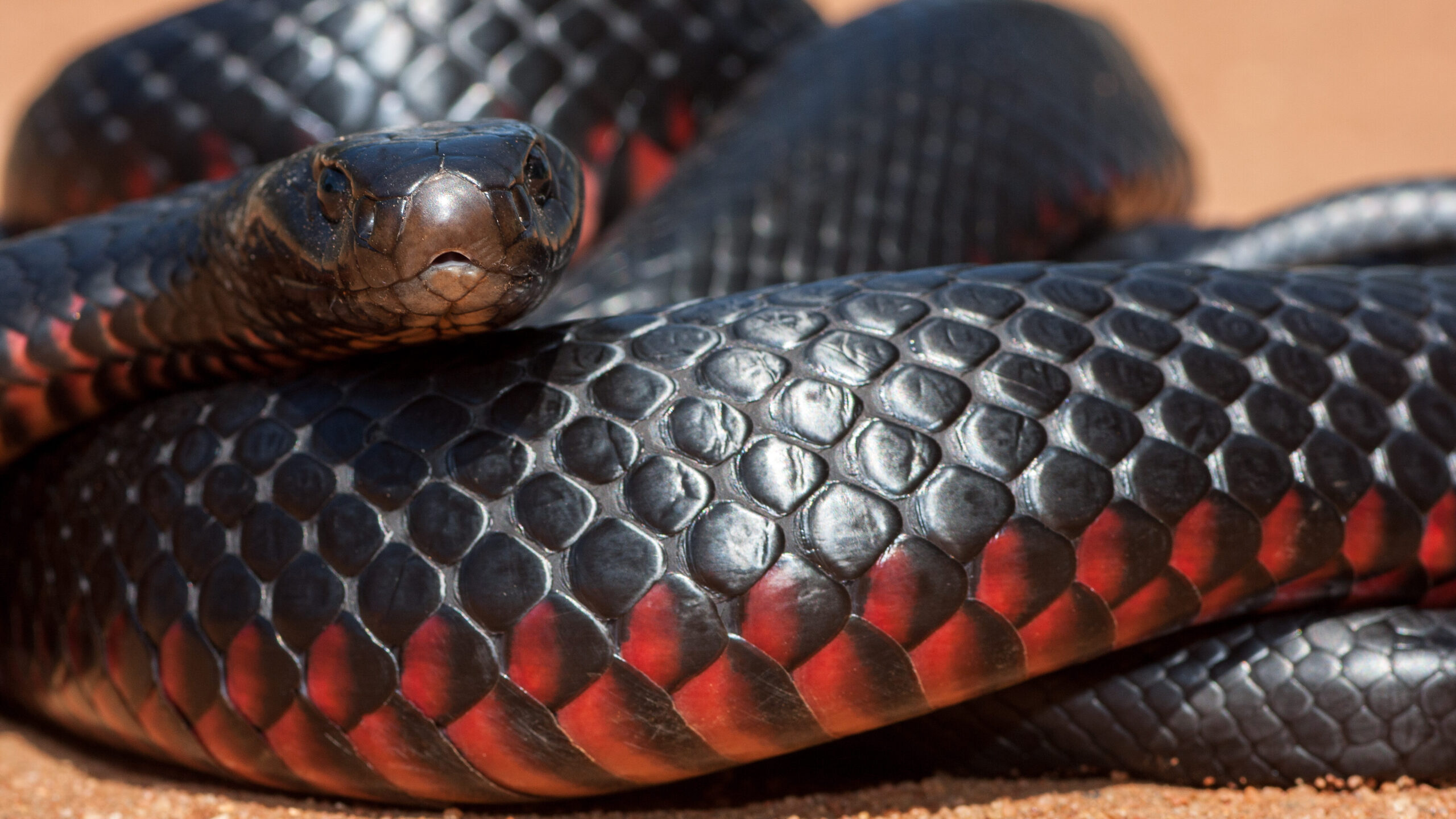Introduction
When it pertains to poisonous serpents, Australia is home to a few of the most fascinating and unsafe species worldwide. Among these, the Tiger Snake attracts attention not just for its potent poison but additionally for its appealing actions. Recognizing the behavior of venomous serpents like the Tiger Snake is critical for both wildlife fanatics and those residing in areas where these snakes are present. This write-up explores different aspects of Tiger Snake habits, environment, recognition, safety measures, and first aid methods in case of a snake bite.
Understanding the Habits of Venomous Snakes Like the Tiger Snake
The Tiger Snake, scientifically known as Notechis scutatus, is infamous for its aggressive nature when intimidated. These snakes exhibit a range of behaviors that can be quite various from their non-venomous equivalents.
Characteristics of Tiger Snakes
The Tiger Snake is conveniently recognizable because of its distinctive bands or stripes that appear like a tiger's markings. They can differ in color from yellowish-brown to dark olive or black. This pigmentation serves not just as camouflage however additionally as a warning signal to prospective predators.
Adaptability to Environment
One exceptional aspect of their habits is their adaptability to various settings. Found mostly in seaside areas, marshes, and marshes across Australia and Tasmania, they can prosper in diverse habitats including city areas.
Hunting Techniques
Tiger Snakes are ambush predators mostly feeding upon fish, frogs, and small creatures. They have eager sight and an acute feeling of smell which aids them in finding victim effectively.
Venom Composition
Their poison consists of neurotoxins that affect the nerve system, resulting in paralysis or death in smaller animals. For people, instant clinical focus is critical after a tiger serpent bite because of its possibly deadly effects.
Natural Environment of Tiger Snakes
Preferred Locations
Understanding where these snakes live sheds light on their behavior patterns. The tiger snake habitat consists of:

- Coastal regions Swamps Grasslands Urban locations with abundant water sources
Seasonal Movements
During warmer months, Tiger Snakes are extra energetic as they indulge in sunlight or hunt for food. On the other hand, colder months see them pulling back right into hibernation sites.
Are Tiger Snakes Venomous?
Yes! The question "are tiger serpents venomous?" typically develops among those unfamiliar with this species. Their venom is considered among the most dangerous amongst all serpent types worldwide.
Symptoms of a Tiger Serpent Bite
If bitten by a tiger snake, signs may include:
- Localized pain Swelling at the bite site Nausea and vomiting Sweating and confusion
Immediate clinical aid is crucial as untreated bites can lead to severe wellness difficulties or perhaps death.
First Help for Snake Bites: Quick Feedback Guide
Knowing exactly how to administer first aid for a serpent bite can save a person's life. Right here's what you need to do:
Step 1: Remain Calm
Keeping calm helps decrease heart price which decreases venom spread.
Step 2: Paralyze the Impacted Area
Keep the influenced limb still and listed below heart level if possible.
Step 3: Call Emergency Situation Services
Always seek specialist clinical aid quickly after a serpent bite.
First Help for Snake Bite Package Essentials
A fully equipped snake bite emergency treatment kit should consist of:

- A compression bandage Antiseptic wipes A pair of scissors An ice bag
Safety Safety measures: Stopping Snake Bites in Australia
Awareness Programs
Educating communities regarding regional snake varieties and their actions can considerably lower encounters causing bites.
Avoiding Dangerous Areas
Staying far eastern brown snake venom from long grass throughout warmer months lessens call with snakes that might be relaxing or hunting.
Common Misunderstandings Regarding Tiger Snakes
Many people think false impressions regarding the behaviors of tiger serpents result in unnecessary concern. Right here are some information:
Myth 1: All Tigers Are Aggressive
Not all tiger snakes will certainly display aggressiveness if left uninterrupted; lots of choose running away rather than confrontation.
Myth 2: They Chase Humans
Tiger serpents do not actively chase human beings; they may strike when they feel endangered however will normally retreat if offered space.
Conservation Efforts Associated with Poisonous Snakes
Conservation efforts concentrate on informing neighborhoods regarding shielding neighborhood wild animals while lessening human-snake interactions.

Importance of Ecosystems
Understanding that venomous snakes play an essential function in keeping environmental balance helps foster gratitude as opposed to anxiety bandi bandi snake in the direction of them.
FAQs Concerning Tiger Snakes
What needs to I do if I come across a tiger snake?- Maintain distance and gradually retreat without sudden movements.
- While attacks aren't exceptionally common because of awareness initiatives, they still take place every year within Australia.
- Baby tiger snakes can supply full dosages of poison regardless of being smaller sized; for this reason care is suggested around them.
- They largely take in frogs, fish, small mammals like rats, and various other reptiles.
- It's illegal in many jurisdictions without correct licensing as a result of safety and security issues regarding their venom.
- Wear sturdy boots and remain on marked trails; look before placing hands or feet right into hidden rooms like rocks or logs.
Conclusion
Understanding the actions of poisonous serpents like the Tiger Serpent not only improves our knowledge however likewise advertises safety and security understanding amongst those living near their environments. From acknowledging their attributes, comprehending first aid procedures following a bite, with involving conservation efforts-- every aspect plays a necessary duty in promoting conjunction with these remarkable reptiles while respecting their area within our ecosystem.
As we grow our understanding via education and experience, we contribute positively toward making sure both human security and wild animals preservation-- benefitting all celebrations involved!